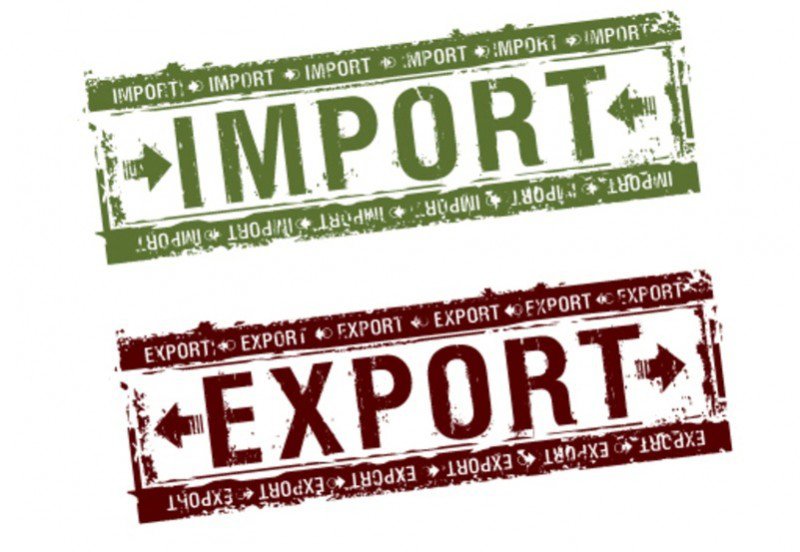On any given day millions of goods move across international borders to reach new destinations and new markets. Company owners know all too well the complicated nature of imports and exports and the paperwork and record-keeping involved. Every country is different and the United States has its own regulations and restrictions that must be followed when importing. The role of the customs broker is to act as a facilitator between the exporter and the country of importation, to ensure that all regulations are met with full compliance and legality.
Freight shipping is complex and costly—especially when there is non-compliance or, in freight shipping, if deadlines are not met, if corrections are needed after the cargo ship has sailed, or if a container is not returned in an allotted amount of time. When considering sending things overseas, it’s a good idea to acquire the services of a trusted customs broker that will do the heavy lifting—so to speak—on ensuring compliance with the country’s regulations.
Popular U.S Imports in Recent Years
In 2018, American imports totaled $2.614 trillion last year. The U.S has a lot of incoming goods every year and, although they fluctuate, they have remained high in recent decades. In recent years, most of our imports have come from China, Mexico, and Canada. As electric and smart devices have taken over, many of our imports are somehow related to that industry. The U.S most popular imports include:
- Machinery (including computers and hardware)
- Electrical machinery
- Vehicles and automobiles
- Minerals, fuels, and oil
- Pharmaceuticals
- Organic chemicals
The United States also imports a great portion of its agricultural products including fruits, vegetables, nuts, wine, flowers, and hops. Countries that import food products into the U.S include Canada, Mexico, Chile, Brazil, and the European Union. In recent months, imports from the U.S have risen. In the final months of 2020, imports continued to rise as the pandemic ranged on in the country and around the world.
One key aspect of importing and exporting is being keenly aware of the fact that customs rules and regulations, in the country of origin and the destination country, are very complicated and detailed. When these laws are not properly followed, importers may face penalties, fees, and other inconveniences.
For companies considering sending goods overseas, here are necessary aspects to consider:
- Freight: There are a few ways that exporters can import goods into their country of destination. One of these options is air freight. For small and perishable items, air freight might be the way to go because it is faster and can carry smaller items that don’t require large shipping containers. If you are shipping, for example, an entire shipping container full of dog toys, you are likely to choose ocean freight or rail (if the country is connected by land).
- Insurance: This is typically included with the freight quote, but it is necessary for you to ensure you have viable insurance. If you’re shipping via ocean, it’s not exceedingly rare that the shipping container gets shifted or moved or even falls over. You want to protect your merchandise by making sure you have good insurance covering any possible accident.
- The Customs Broker: When shipping goods across international borders, a customs broker is an essential middleman that assists companies with compliance, paperwork, and the many regulations of the country. The customs broker acts on your behalf and works in your best interest as your goods as being transferred. Think of the customs broker as a liaison between shippers and government agencies. Here at RM Customhouse, we make sure that your shipment is in compliance and this includes ensuring legal requirements, preparing, organizing, and submitting necessary documentation, and reviewing packing lists and invoices to double-check the payment of taxes and other duties.
In addition to that, there are several other costs associated with importing or exporting that company owners might run into. In addition to the price to your seller and associated fees of customs brokers and insurance, you might run into the following dependant upon the US freight agent selected to handle your goods as they arrive in the U.S:
- Ocean freight and insurance (might vary if shipping by CIF)
- Container Freight Station fees for LCL shipments
- Terminal handling charges
- Customs examination fees
- Container Drayage
- US freight/Delivery Agent Charges
Need Help Importing Goods Into the U.S.A?
Customs brokers keep you in compliance and, if you are an importer, that’s where you want to be. Paying unnecessary fees or penalties is not good for business. Because customs regulations are always changing and fluctuating, RM Customhouse Brokers is here to deal with the difficult stuff. Give us a call.


